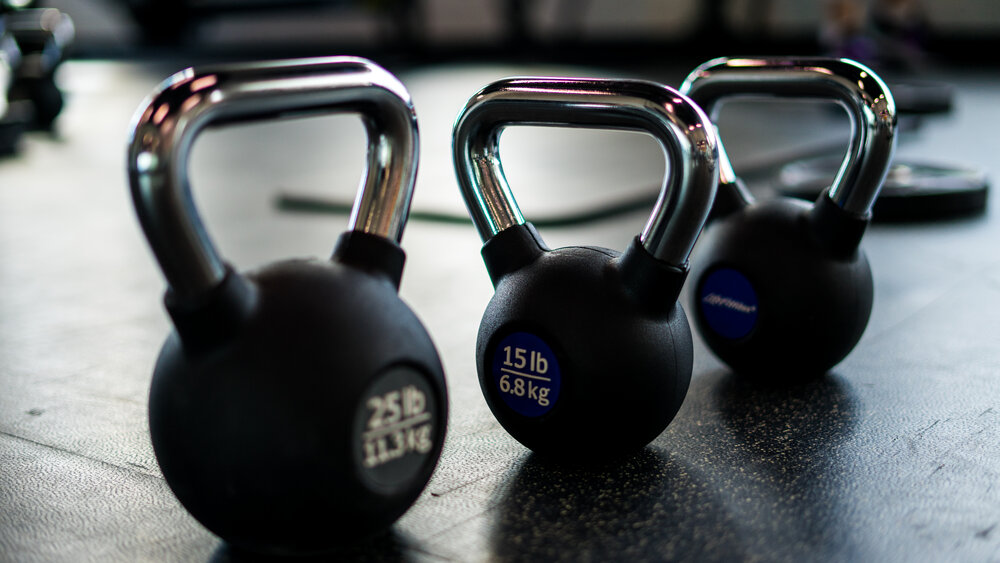Hamar, B., Coberley, C. R., Pope, J. E., & Rula, E. Y. (2013). Impact of a senior fitness program on measures of physical and emotional health and functioning. Population health management, 16(6), 364–372. https://doi.org/10.1089/pop.2012.0111
“Physical inactivity is a common risk factor among all Americans, but is particularly problematic in older adults and brings with it an increased risk of many chronic diseases and other poor health outcomes. A 2007 Centers for Disease Control and Prevention report showed that, based on Healthy People 2010 guidelines, only 39% of adults age 65 and older are getting the recommended amount of weekly physical activity (30 or minutes of moderate intensity activity 5 days per week, or 20 minutes of vigorous intensity activity 3 days per week).”
“In addition to disease-related morbidity and functional decline, seniors often face loneliness, social isolation, and depression, which can have additional negative influences on their health and overall quality of life. These factors working in combination with chronic conditions and impairments can seriously compromise seniors’ health and well-being. Social interactions have been shown to be associated with positive physiological benefits that can promote better health outcomes.”
“Given the growth of the Medicare population and the associated trends of increasing morbidity and functional decline, there is a critical need for senior-oriented programs that improve health and preserve and extend functional capabilities, effectively improving senior’s overall quality of life. Furthermore, there is significant evidence of the relationship between improvements in these outcomes and reduced health care expenditures, an important tie given the economic problems that both the Medicare program and the overall federal budget are facing. Taken collectively, the results of this study concur with a large body of prior research regarding socialization and physical activity for seniors and demonstrate the power of combining these elements into a program that is effective in improving the physical and emotional health of this group.”
LifeFit Classes at HiTONE Fitness
Exercise has countless benefits for those of all ages, including a healthier heart, stronger bones and improved flexibility. For seniors, there are additional benefits, like the fact that regular exercise reduces the risk of chronic diseases, lowers the chance of injury and can even improve one’s mood.
As we age, our muscle mass begins to decrease. When we enter our forties, adults can lose 3-5% of muscle mass with each subsequent decade of life. Muscle is an essential contributor to our balance and bone strength; it keeps us strong. Without it, our mobility and independence become compromised.
Exercise is also a key for cognitive function. Scientists have found that brain neurons- the special cells that perform all the necessary function to keep you alive, as well as help you think and improve your memory- all increase after a few weeks of regular exercise. In fact, some researchers found that when individuals walk three or more times a week, the occurrence of dementia was 35% lower than those seniors who were not involved in any type of physical activity.
Some of the key benefits of exercise for people ages 65+ are:
-
Improved healing and function – Regular exercise by seniors may decrease the time it takes for a wound to heal by 25%. Also, a healthy, strong body can better fight off infection and makes recovery from illness or injury easier.
-
Prevention of disease or chronic conditions – According to the National Institute of Aging, exercising as a senior may delay or even prevent diseases like diabetes, cancer, stroke, heart disease and osteoporosis, just to name a few.
-
Increased balance and stability – Falls are the number one injury among seniors, and regular exercise can help prevent them. Falling leads to injuries like broken hips or other bones, and exercise is a key component to improve functional reach and balance.
-
Improved quality of life and increased life expectancy – New studies have found that seniors who exercise improve not only their physical fitness but experienced psychological benefits as well. Exercise can help alleviate symptoms of depression and improve the mood in general. The increased mobility that comes from regular, moderate exercise can help a senior maintain his or her independence if it is done on a long-term basis. Consistency is more important than intensity.
It is never too late for seniors to start engaging in a regular exercise routine. The key is to find something you enjoy doing and start at a level that is easy to maintain. Hamar, B., Coberley, C. R., Pope, J. E., & Rula, E. Y. (2013). Impact of a senior fitness program on measures of physical and emotional health and functioning. Population health management, 16(6), 364–372. https://doi.org/10.1089/pop.2012.0111







